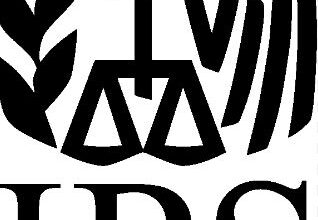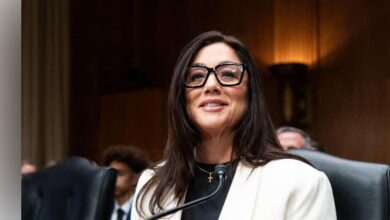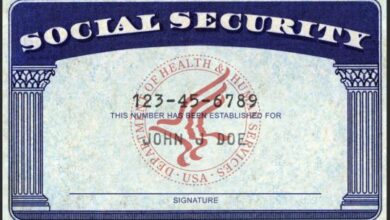Trump Asserts SCOTUS Immunity Nullifies Entire Hush-Money Indictment, Not Just Conviction

Former President Donald Trump has made a bold legal claim, asserting that Supreme Court immunity should nullify his entire hush-money indictment, not merely his conviction. This statement marks a significant escalation in his defense strategy as he faces ongoing legal battles.
In a recent statement, Trump’s legal team argued that the immunity granted to him as a former president by the Supreme Court extends beyond protecting him from conviction. They claim it should also invalidate the entire basis of the indictment related to hush-money payments made during the 2016 presidential campaign.
“Supreme Court immunity, as it applies to former presidents, is comprehensive and should render this indictment null and void,” said a spokesperson for Trump’s legal team. “The charges are baseless and constitute a politically motivated attack.”
The hush-money case revolves around payments allegedly made to silence individuals with potentially damaging information about Trump during his campaign. Prosecutors argue that these payments violated campaign finance laws and involved fraudulent activities.
Trump’s assertion of immunity seeks to challenge the very foundation of the indictment, potentially setting a precedent for how legal actions against former presidents are handled. Legal experts, however, are divided on the validity of this claim.
Constitutional law scholar Professor Emily Henderson commented, “The concept of immunity for sitting presidents is well-established, but extending it to cover actions taken before or after their term is highly contentious and uncharted territory.”
This legal maneuver comes as Trump continues to navigate a complex web of investigations and lawsuits. His legal team has consistently framed these cases as politically motivated attempts to undermine his political influence and legacy.
Critics argue that Trump’s latest claim is a tactic to delay legal proceedings and avoid accountability. “This is another attempt by Trump to evade justice,” said Democratic strategist Linda Marshall. “No one is above the law, and his actions should be thoroughly examined in court.”
The Supreme Court has yet to weigh in on this specific assertion of immunity. If the court were to take up the issue, it could have far-reaching implications for the legal accountability of former presidents and the scope of presidential immunity.
As the legal battle unfolds, the public and political stakeholders are closely watching the developments. The outcome could significantly influence the landscape of American politics and the principle of legal accountability for the highest office in the land.





